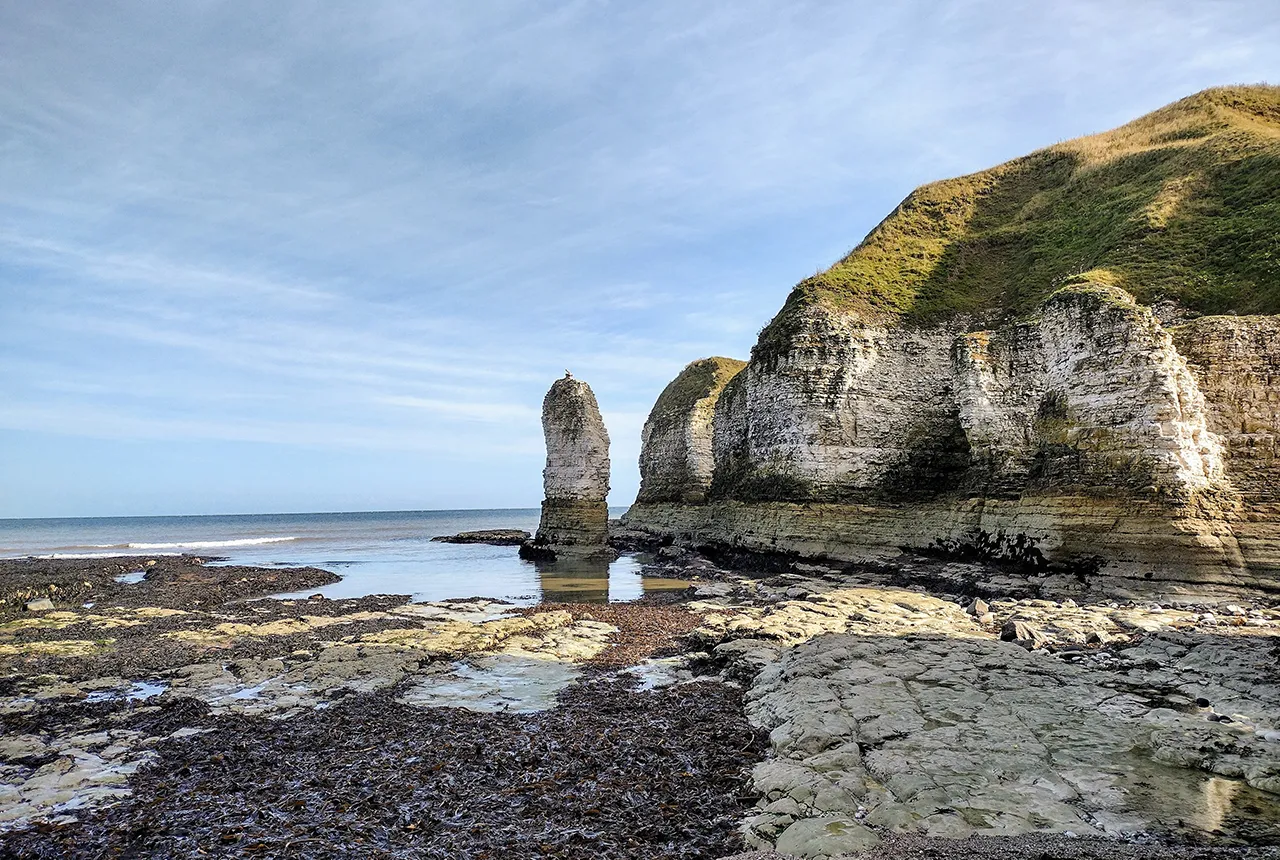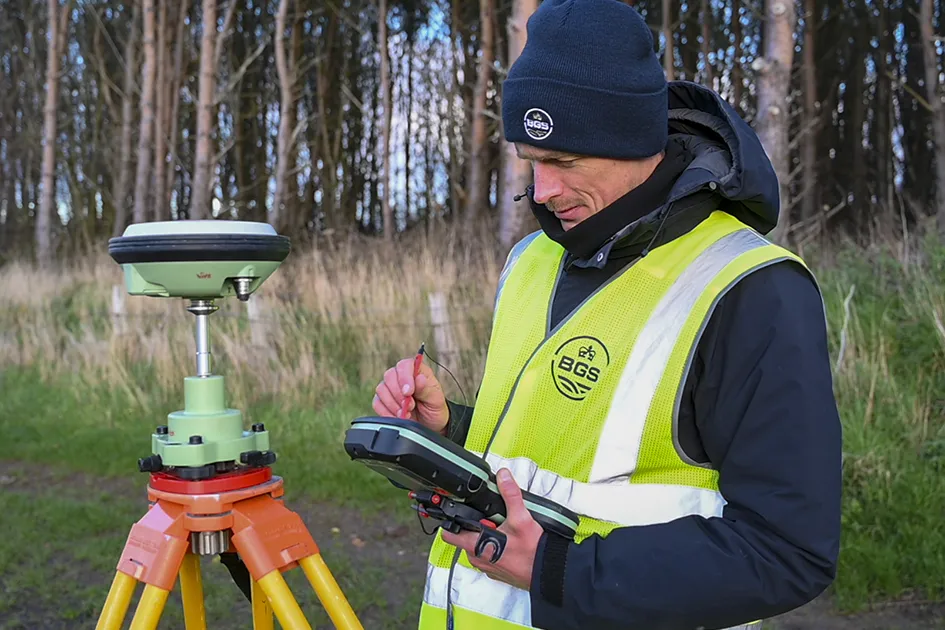Major research project will support UK’s energy transition
BGS will lead the new research project 'Managing the Environmental Sustainability of the Offshore Energy Transition'.
27/06/2022 By BGS Press
BGS is leading a major new five-year research programme to support the UK’s energy transition.
We will work with the Plymouth Marine Laboratory (PML) and the National Oceanography Centre (NOC) to deliver the £2.6 million programme ‘Managing the Environmental Sustainability of the Offshore Energy Transition’.
This project will assess the environmental sustainability of offshore wind, blue and green hydrogen, and carbon capture and storage for selected test areas of the UK offshore, and will develop solutions for planning the technology and infrastructure of the offshore energy transition. It will also assess public understanding and acceptance of those technologies.
Project partners include:
- Environment Agency
- National Grid
- The Crown Estate
- North Sea Transition Authority
This programme brings together the expertise in marine science at BGS, PML and NOC to deliver the UK’s first holistic study of the environmental and social impacts of the rapid expansion in offshore windfarms and subsurface storage of carbon dioxide and hydrogen.
Collaboration with our partners will ensure that our research supports the evidence-based decision making required to ensure the sustainable use of the sea bed as the UK transitions to clean forms of energy to meet its net zero targets.
Prof Emrys Phillips, programme lead at BGS.
The programme is one of six major research programmes to receive a total £47 million from the Natural Environment Research Council (NERC) to address some of the most critical environmental challenges facing the UK. BGS, together with research teams from other NERC research centres, will work collaboratively to better understand coastal flooding and erosion, greenhouse gas emissions, changes in biodiversity and other critical environmental issues.
Relative topics
Related news

Funding awarded to map the stocks and flows of technology metals in everyday electronic devices
12/02/2026
A new BGS project has been awarded Circular Electricals funding from Material Focus to investigate the use of technology metals in everyday electrical items.

New UK/Chile partnership prioritises sustainable practices around critical raw materials
09/02/2026
BGS and Chile’s Servicio Nacional de Geología y Minería have signed a bilateral scientific partnership to support research into critical raw materials and sustainable practices.

Extensive freshened water confirmed beneath the ocean floor off the coast of New England for the first time
09/02/2026
BGS is part of the international team that has discovered the first detailed evidence of long-suspected, hidden, freshwater aquifers.

Funding secured to help mitigate ground risk in UK construction sector
05/02/2026
The BGS Common Ground project has been awarded new funding to help unlock the value of ground investigation data.

Can sandstones under the North Sea unlock the UK’s carbon storage potential?
02/02/2026
For the UK to reach its ambitious target of storing 170 million tonnes of carbon dioxide per year by 2050, it will need to look beyond the current well-studied geographical areas.

Quaternary UK offshore data digitised for the first time
21/01/2026
The offshore wind industry will be boosted by the digitisation of a dataset showing the Quaternary geology at the seabed and the UK’s shallow subsurface.

Suite of ten new soil reference materials released
02/01/2026
BGS has a longstanding track record of producing high-quality reference materials and has released ten new soil reference materials.

Perth and Kinross tops the UK’s earthquake activity charts for 2025
29/12/2025
Seismologists at BGS have published data on the number of seismic events over the past 12 months with over 300 earthquakes recorded.

BGS awarded funding to support Malaysia’s climate resilience plan
17/12/2025
The project, funded by the Foreign, Commonwealth & Development Office, will focus on minimising economic and social impacts from rainfall-induced landslides.

New geological maps of the Yorkshire Wolds to better inform groundwater management and policy decisions
17/12/2025
The new mapping provides crucial data on localised geological issues that may assist in protecting water supplies.

‘Three norths’ set to leave England and not return for hundreds of years
12/12/2025
The historic alignment of true, magnetic, and grid north is set to leave England, three years after they combined in the country for the first time since records began.

BGS agrees to establish collaboration framework with Ukrainian government
11/12/2025
The partnership will focus on joint research and data exchange opportunities with Ukrainian colleagues.


